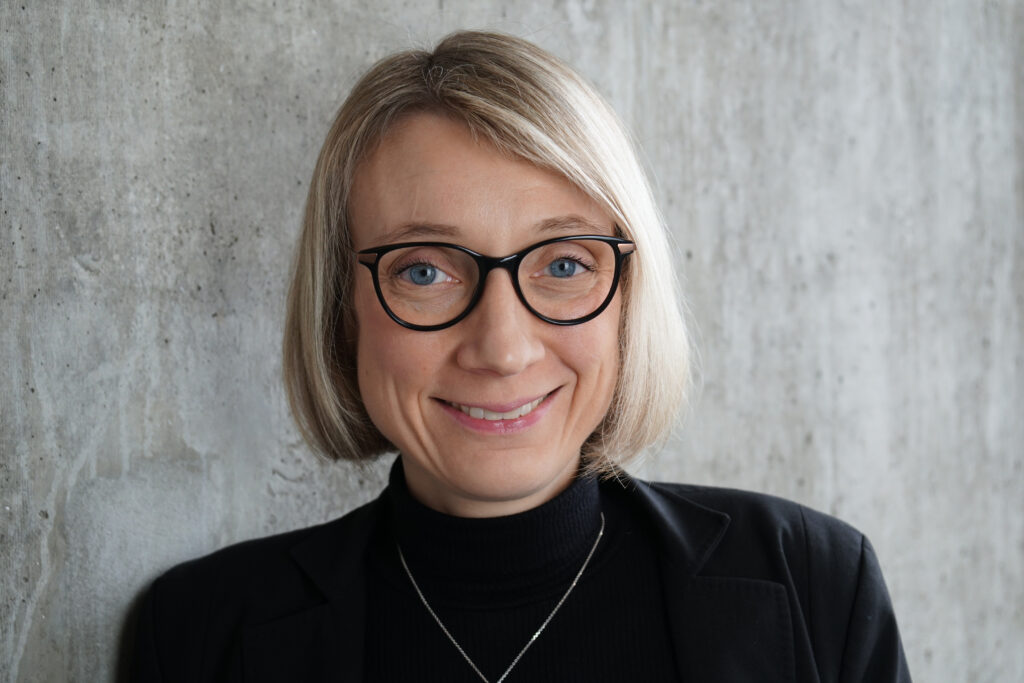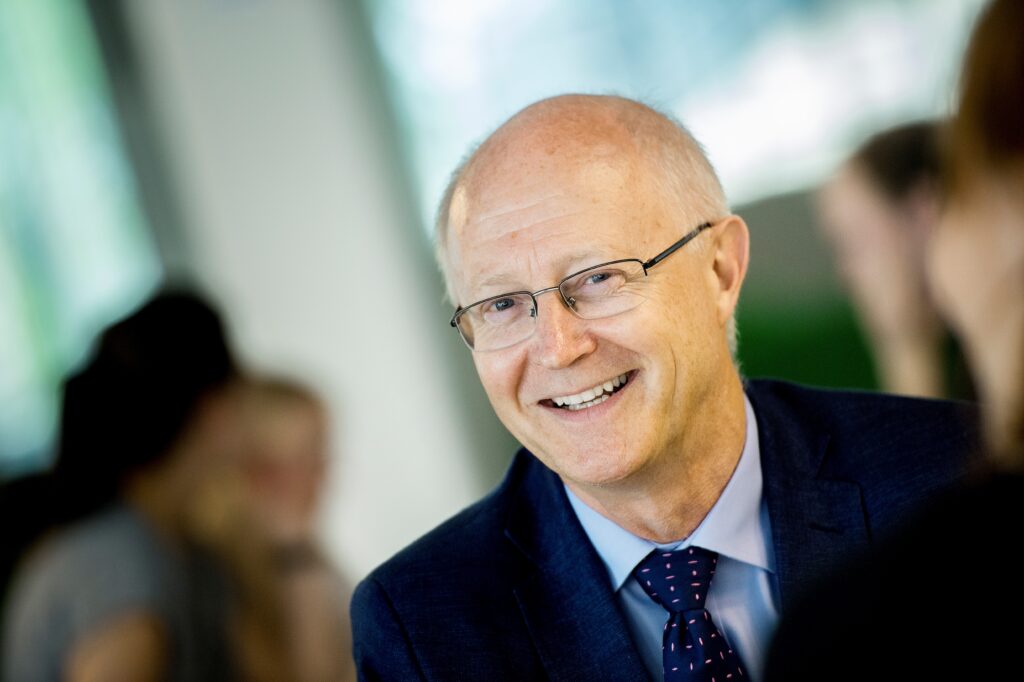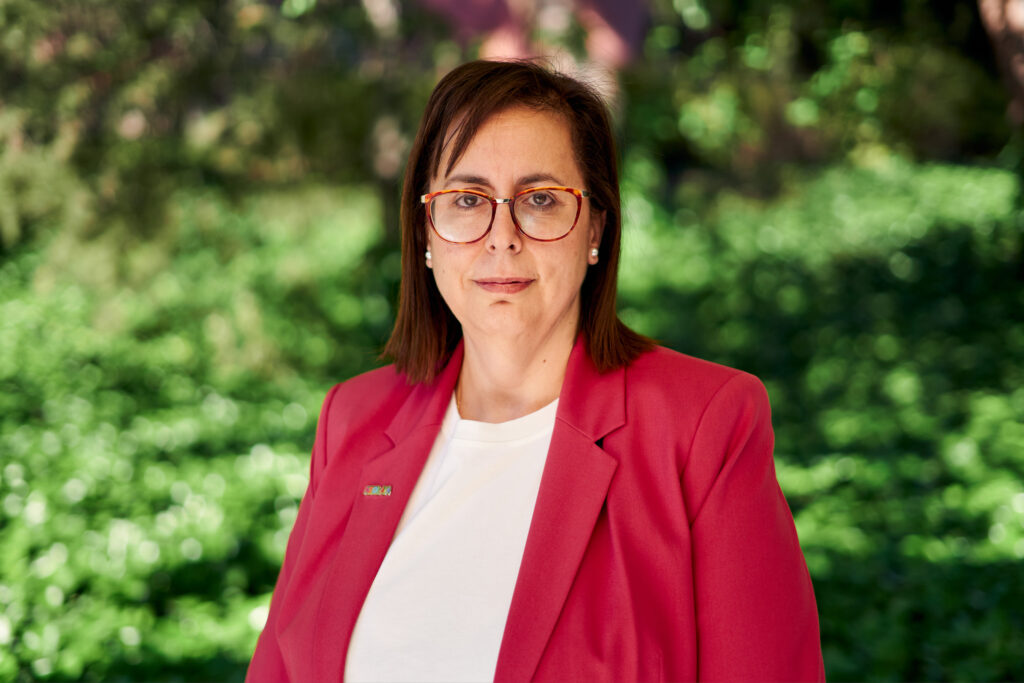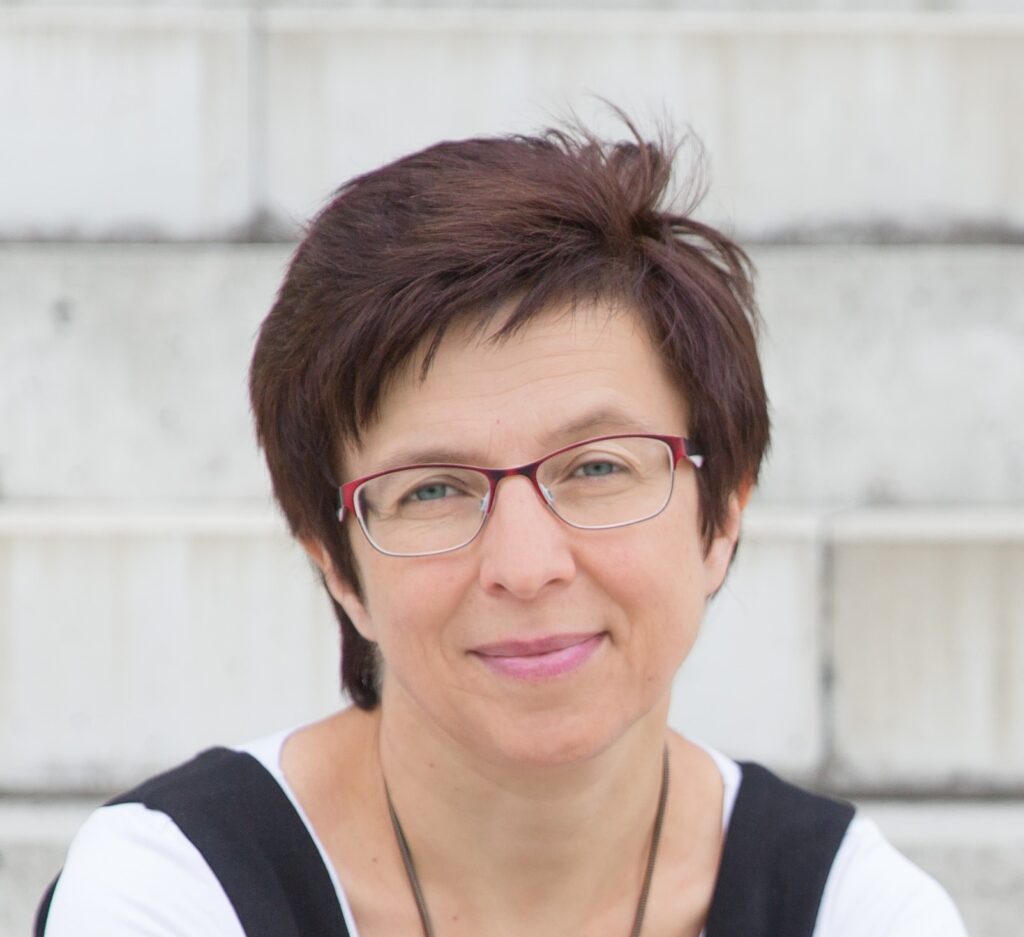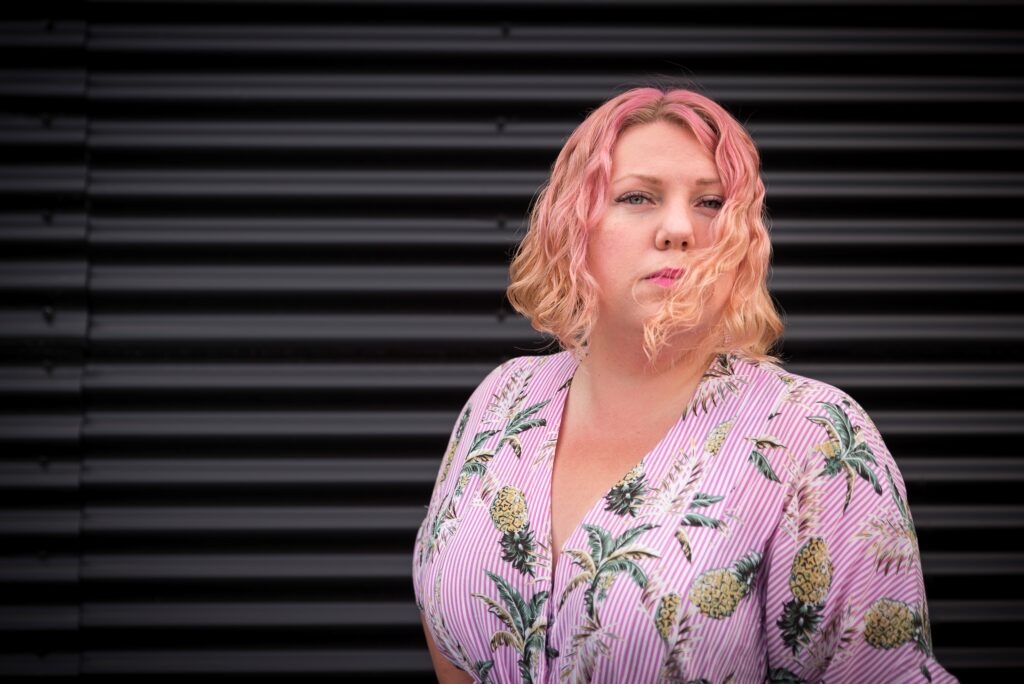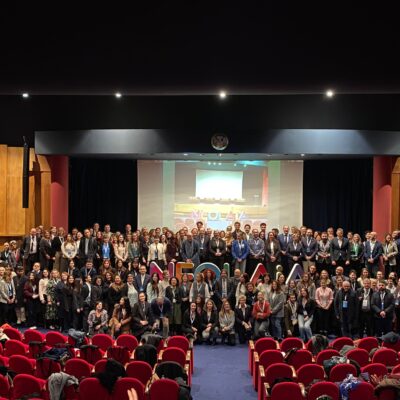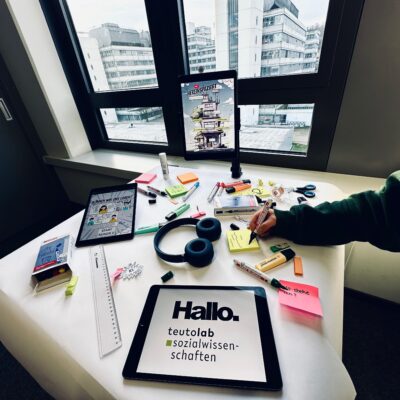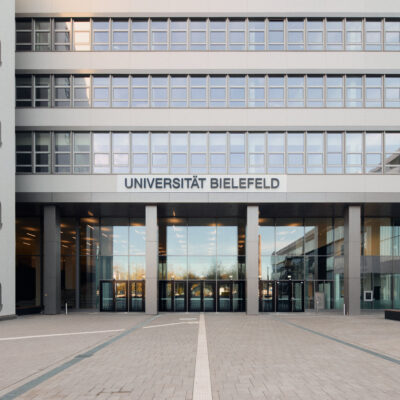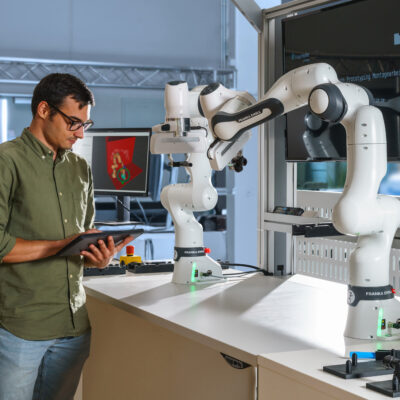What can the university contribute to the future of Europe? And how is this vision put into practice in a European university alliance such as NEOLAiA? On the occasion of Europe Day on 9 May, representatives from four of the nine NEOLAiA universities – the universities of Bielefeld, Örebro, Jaén and Ostrava – report on their experiences and goals. In the interview, they show how diverse and at the same time united European cooperation at universities can be. It’s not just about research and teaching, but also about shared values, social responsibility and the development of an inclusive, sustainable higher education area.
What contribution can universities make to the future of Europe?
Michaela Vogt, Vice-Rector for International Affairs, Diversity and Society: Universities are key drivers in shaping an inclusive, innovative, and connected Europe. They foster international cooperation, promote social equity, and generate knowledge that addresses regional and global challenges. Through initiatives like the European University Alliance NEOLAiA, universities contribute to a more cohesive Europe by working collaboratively on core values such as diversity, gender equality, inclusion, and participation. This cross-border exchange of best practices and lived experiences builds mutual understanding and creates sustainable structures to strengthen regional development and democratic engagement. In doing so, universities help shape a resilient and forward-looking European citizenship.
Johan Schnürer, Vice-Rektor of Örebro University and chair of the NEOLAiA alliance: Our students are the intellectual bridges to the future. A deeper collaboration among universities will make those bridges stronger and the future of Europe brighter.
Beatriz Valverde Jiménez, NEOLAiA Overall Coordinator and Deputy Vice-Rector for European Universities at the University of Jaén: It is widely recognized that the core missions of any Higher Education Institution are education, research and societal engagement – all fundamental pillars of democratic societies. In this context, universities promote internationalized, high-quality education that not only equips students to face the challenges of their professional careers but also, and perhaps more importantly, instills in them the values that define the European Union and fosters critical thinking. Universities further contribute by building research networks among European scholars, who collaborate on projects that address shared challenges across different regions of Europe while also enhancing our global competitiveness. Together, internationalized, high-quality education and interdisciplinary, collaborative research have a profound positive impact on our societies, strengthening the bonds among Europeans.
Renáta Tomášková, Vice-Rector of Ostrava University: Universities are here to motivate young people to set out on a lifelong journey of learning and exploration, to encourage them to think out of the box and take responsibility for their actions and the community they are part of. Universities help students build knowledge that would guide them to their own findings and let them question it as critical thinkers. Universities are to be models of integrity in anything they are doing in education, research, and social engagement, models of collaboration rather than competition, and should always point to the vision when ticking off short-term tasks. Joining forces in research and building on synergies, universities can help explain and meet social, environmental, and other challenges Europe, and the world, are facing.
How is your institution implementing this within the NEOLAiA alliance, and what is its specific focus in this regard?
Michaela Vogt: Bielefeld University leads the NEOLAiA Work Package on Diversity and Inclusion. Our aim is to establish a shared understanding of inclusive practices across the alliance’s nine universities. We collect best practices, engage with local communities, and conduct surveys to include diverse voices. A core milestone is the NEOcharter, a jointly developed framework that outlines our shared values and commitments to diversity and inclusion. This document will guide action plans at each institution. In addition, we are developing a Best Practice Database. Our focus is not only to identify challenges, but to highlight strengths and transform them into models for a more inclusive European Higher Education Area.
Ida Norrie Andersson, International Strategy Officer at Örebro University: We participate in a number of activities aimed at offering student’s ways to connect, and move, across cultures, languages, and borders. These activities include joint programs, short mobilities, on-line activities, exchange semesters, events and much more. They not only relate to formal education, but also e.g. regional engagement and extracurricular activities. Thus, they are both recognized within the educational degrees but also as micro-credentials and digital badges that offer a complement to traditional education.
Renáta Tomášková: First and foremost, we focus on getting the Ostrava University community on board international cooperation and building the alliance. Hands-on experience with multiple perspectives, learning from each other and developing flexibility in finding ways of implementing joint alliance endeavours at the University are challenging and thus inspire innovation and build new teams even within the University. We’ve devised To Be NEO programme with open calls inviting the Ostrava University community to use the joint educational and research opportunities NEOLAiA offers. We open NEOLAiA activities and events we host to all interested for networking. Our student representatives hold NEOLAiA Coffees to engage the students and many students have already learned a lot in NEOLAiA joint blended courses. It takes time and energy but we see collaborations based on synergies growing.
Beatriz Valverde Jiménez: Within this framework, the European Universities Initiative – the European Commission’s flagship program for Education – plays a crucial role. Universities across Europe have come together to form Alliances of European Universities, aiming to deepen their commitment to fulfilling their core missions. By working together, we become stronger and more competitive, especially in today’s complex geopolitical environment.
NEOLAiA unites nine young and dynamic universities from across Europe, all located in non-metropolitan regions and sharing a strong dedication to the development of their territories. Together, we collaborate to exchange best practices and seek innovative solutions to common challenges. As mentioned earlier, our collective efforts focus on advancing Education, Research and Societal Engagement. At the same time, we build our Alliance around three pillars that respond to Europe’s current challenges: Digital Transformation, Inclusion and Diversity and Enhanced Mobility. In this sense, NEOLAiA’s motto, Transforming Regions for an Inclusive Europe, captures the spirit of our work.
Yet, if there is one aspect I would particularly emphasize, it is how NEOLAiA, through the European Universities Initiative, fosters collaboration that deepens our understanding of both the similarities and differences that define us as Europeans. Most importantly, it helps us find common ground, overcome challenges, and strengthen our shared sense of belonging. By working closely every day on actions rooted in our missions and pillars, our academic and regional communities realize that by uniting our efforts, we can truly thrive – and, in doing so, we contribute to building a stronger, more cohesive Europe.

